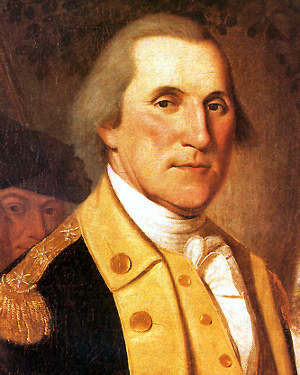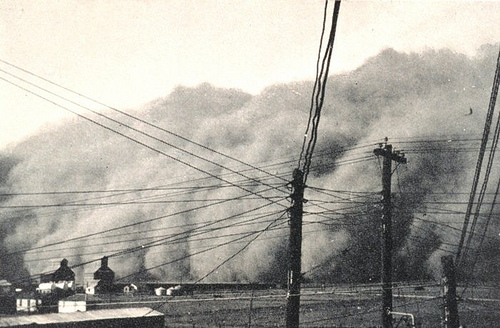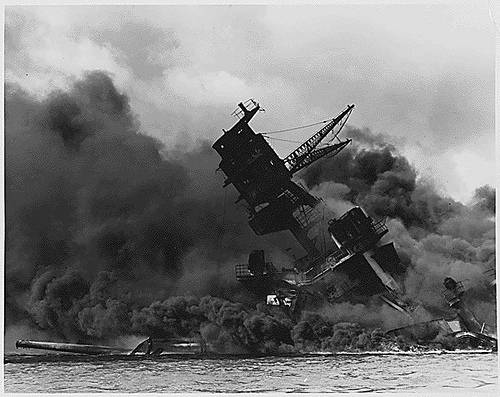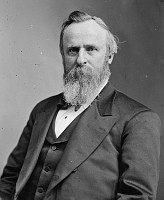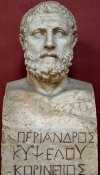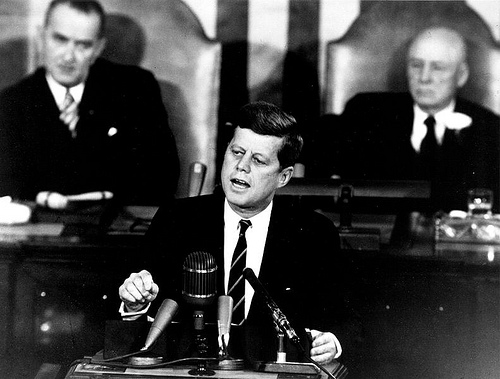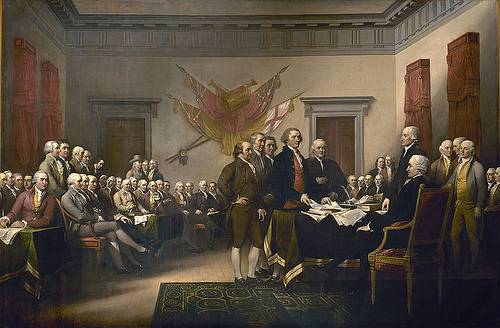
Thomas Jefferson writhed under the criticisms of the Continental Congress as it reviewed his draft of the Declaration of Independence. Seeing this, Benjamin Franklin took him aside. “I have made it a rule,” he said, “whenever in my power, to avoid becoming the draftsman of papers to be reviewed by a public body. I took my lesson from an incident which I will relate to you.
“When I was a journeyman printer, one of my companions, an apprenticed hatter, having served out his time, was about to open shop for himself. His first concern was to have a handsome signboard, with a proper inscription. He composed it in these words: John Thompson, Hatter, makes and sells hats for ready money, with a figure of a hat subjoined. But he thought he would submit it to his friends for their amendments.
“The first he showed it to thought the word hatter tautologous, because followed by the words makes hats, which showed he was a hatter. It was struck out. The next observed that the word makes might as well be omitted, because his customers would not care who made the hats; if good and to their mind they would buy, by whomsoever made. He struck it out. A third said he thought the words for ready money were useless, as it was not the custom of the place to sell on credit. Every one who purchased expected to pay. They were parted with, and the inscription now stood, John Thompson sells hats. ‘Sells hats?’ says his next friend; ‘why, nobody will expect you to give them away. What, then, is the use of that word?’ It was stricken out, and hats followed, the rather as there was one painted on the board.
“So his inscription was ultimately reduced to John Thompson, with the figure of a hat subjoined.”
